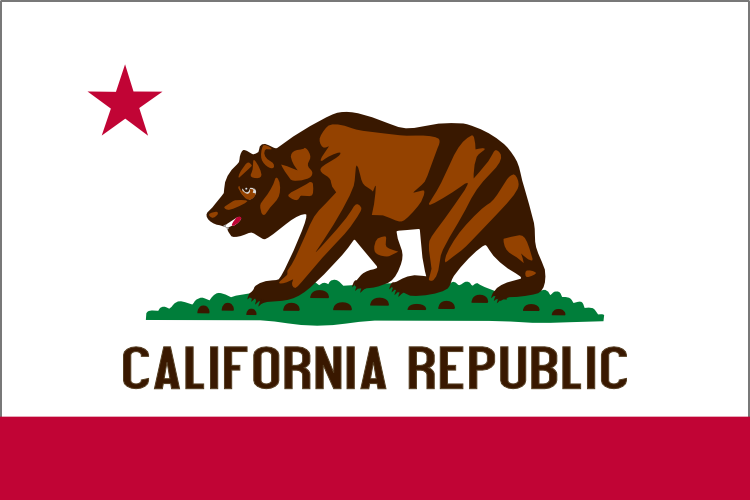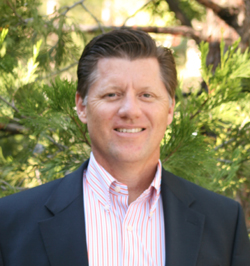By Nicole Reisberg
Contributed
“Gold Star” denotes the immediate family members of a service member who died in armed conflict. The term was coined by President Wilson in 1918 following World War I. It’s a title that no one would ever wish for.
We’ve been lucky enough to get to know a very special Gold Star Mother, Cyndy Jones of Mashpee, Massachusetts.
Cyndy lost her son Capt. Eric A. Jones, a Marine helicopter pilot, while he was supporting a combat mission in Afghanistan on Oct. 26, 2009. After Eric’s death, Cyndy and her husband Ken, along with Eric’s close friend Michael Warshaw, started a charitable organization called Heroes in Transition which provides much-needed assistance to those who have served.
It’s not often we are given insights into what it means to be a Gold Star Mother. Cyndy’s willingness to share her experiences may serve as a guide and comfort for those who have lost loved ones in times of war.
Question: Veterans may wonder if they should reach out to the families of their fallen comrades. Many hesitate to reach out, so as not to open old wounds. What would you tell these individuals?
Cyndy Jones: Absolutely reach out. You are the connection to a Gold Star Parent’s son or daughter. If they have fallen in the field, you are the last one to have been with them. Anything you can say or offer will be cherished. By not sharing your stories, it’s like they never existed. Keep them alive by sharing and talking about them.
It’s been 11 years since I lost Eric. I still hope and pray that one of his Marine brothers or sisters reaches out. When they do, it puts me in such a beautiful place.
Question: How can veterans best remember their fallen brothers and sisters? What have you experienced that has brought comfort?
Cyndy Jones: Military service members are born warriors. They are evolved in a way that we may not understand. I found that from the minute Eric died, I received gifts from him … little signs that show up when I most need them. If you’ve lost someone, keep your eyes open. The signs are there.
Question: How have you been able to deal with the grief surrounding loss?
Cyndy Jones: Eric was in a helicopter where four perished all together. They left behind a gunnery sergeant who dealt with survivor’s guilt and thought to himself, “That should have been me.” I stopped him right there. It was Eric’s time to go. If you’re here, you’re meant to be here and you’re here for a purpose. Use that feeling to turn it around and help others get through a similar experience.
About four weeks after Eric died, I was in extreme pain. In a moment of anguish, I screamed, “How could I have NEVER experienced this horrific pain?” Suddenly, I heard a voice say, “To not have had this pain, would have meant not to have Eric.” I stopped crying and realized how blessed I was to have had him in my life for 29 years. This is the way I look at grief … face what has happened and focus on what I can do to turn it around.
Question: People are often unsure of what to say to a family member who has lost a loved one in the service. What are the most helpful words of support you’ve received?
Cyndy Jones: When approaching a Gold Star Parent, your tendency is to say, “I’m sorry for your loss.” I recommend honoring their life rather than their death. Acknowledge their honor and their accomplishments. Offer a story that the parent may not have heard or ask for a story about him or her. The most important thing is to not ignore it. When you don’t acknowledge the person who was lost, it’s like he or she never existed.
Question: What is your experience with equine therapy and related programs?
Cyndy Jones: At Heroes in Transition, we’ve been offering equine therapy for about nine years. Its power is undeniable. Personally, the only time I feel separated from the unbearable burden of grief, is when I’m in front of a horse.
Grief never goes away. Eric was the light of my life. But when you put me in front of a horse, I can feel the heavy grief lift out of my body. It doesn’t leave. It’s there beside me, but it’s not within me. It’s magic.
I truly believe that horses are the mirrors of our souls. Putting a veteran in front of a horse and developing mutual trust is the best therapy that exists.
War Horse Creek is an immersive reintegration training program using rescued wild mustangs to help veterans transition from military to civilian life. It is based at Living Free Animal Sanctuary in Mountain Center.





